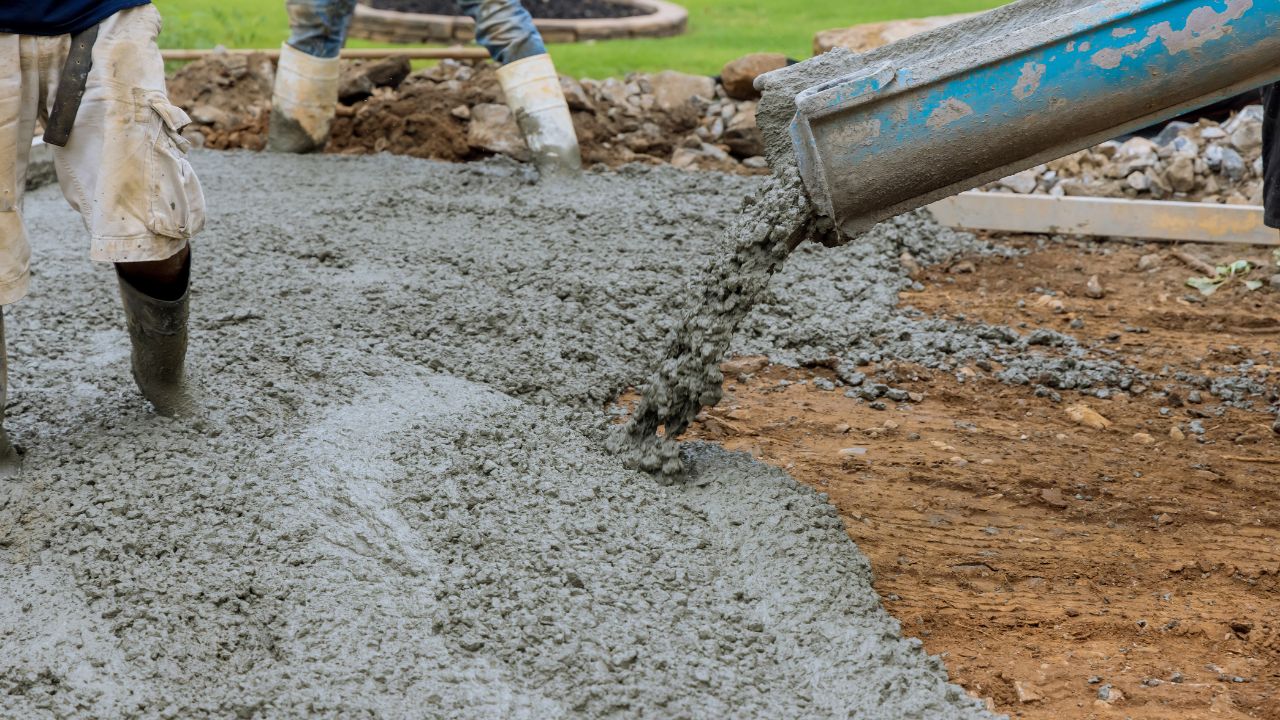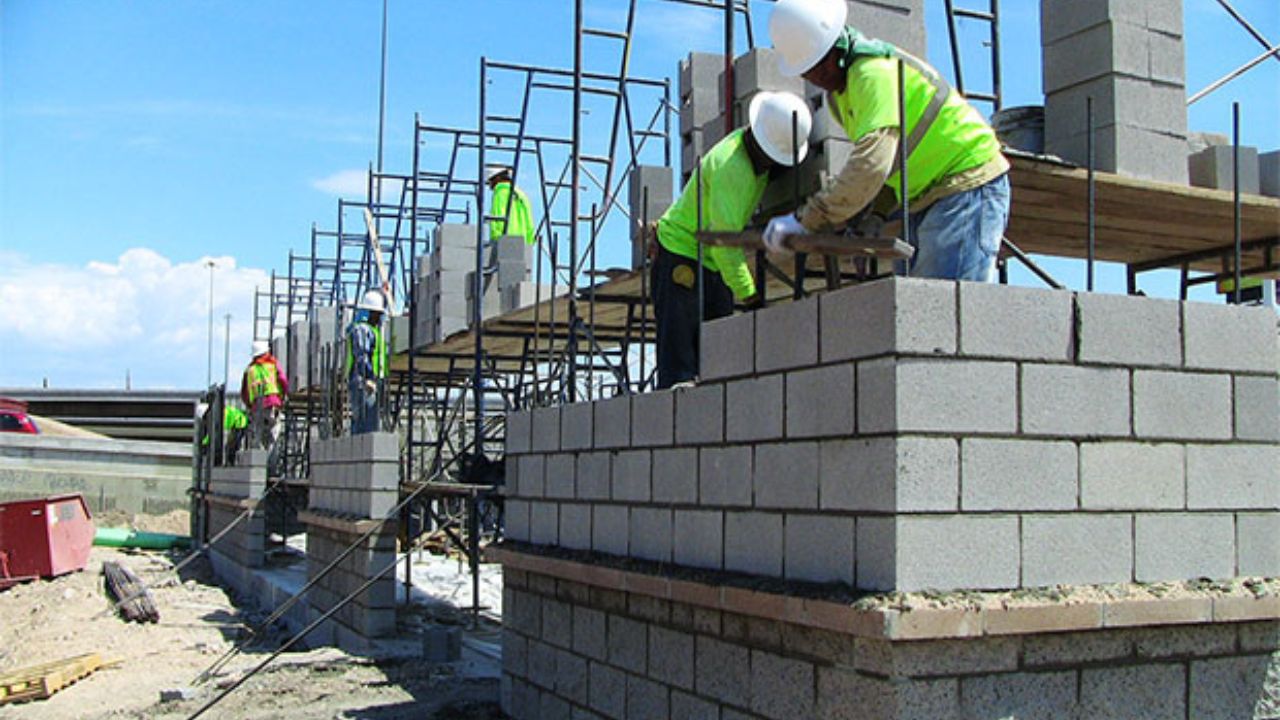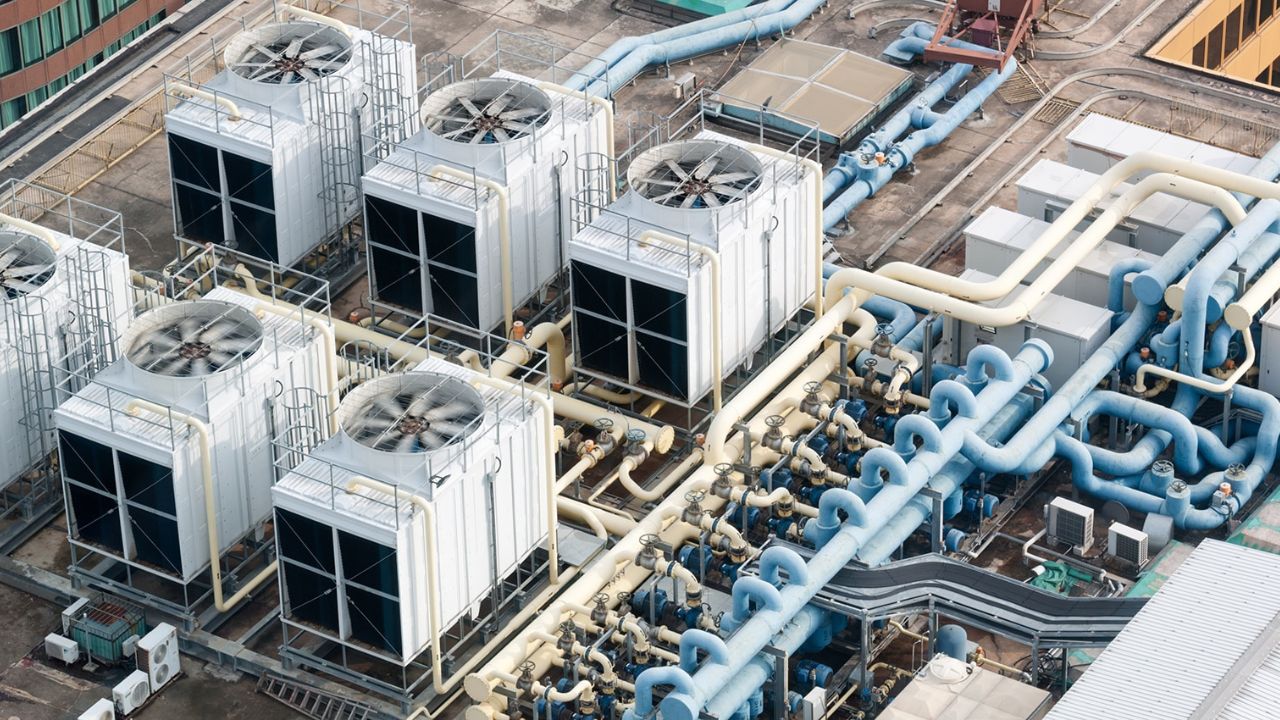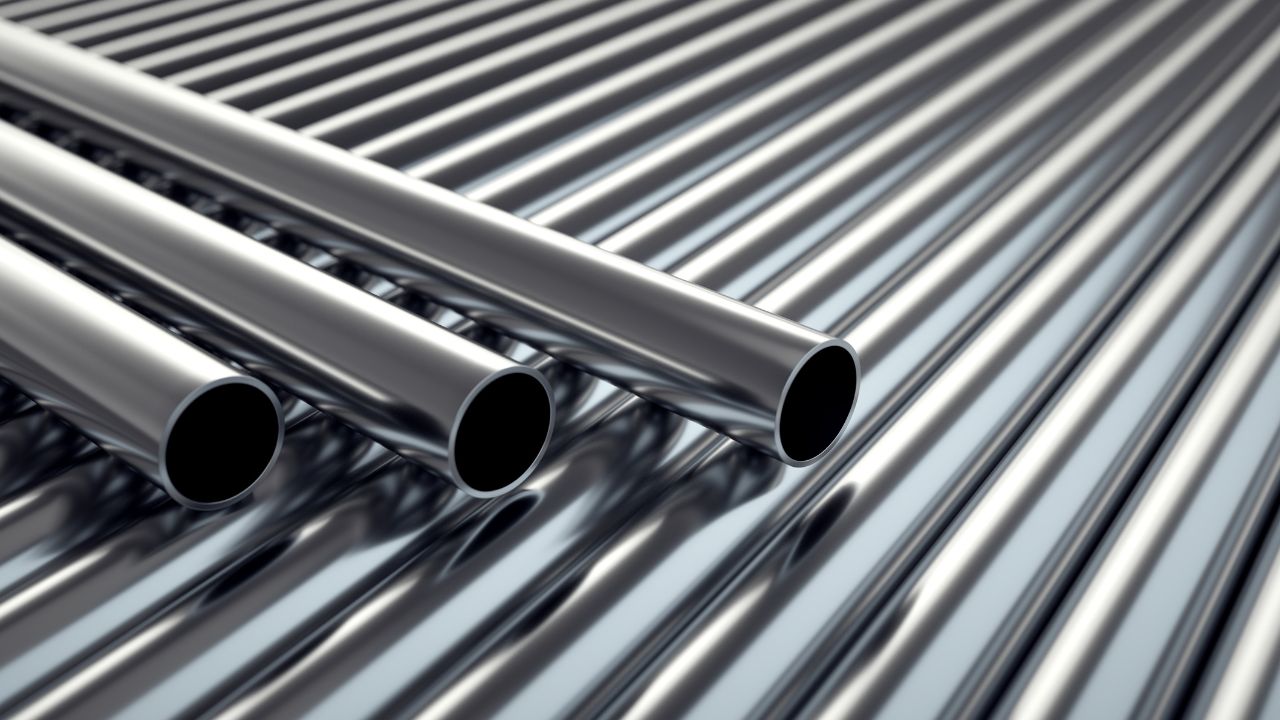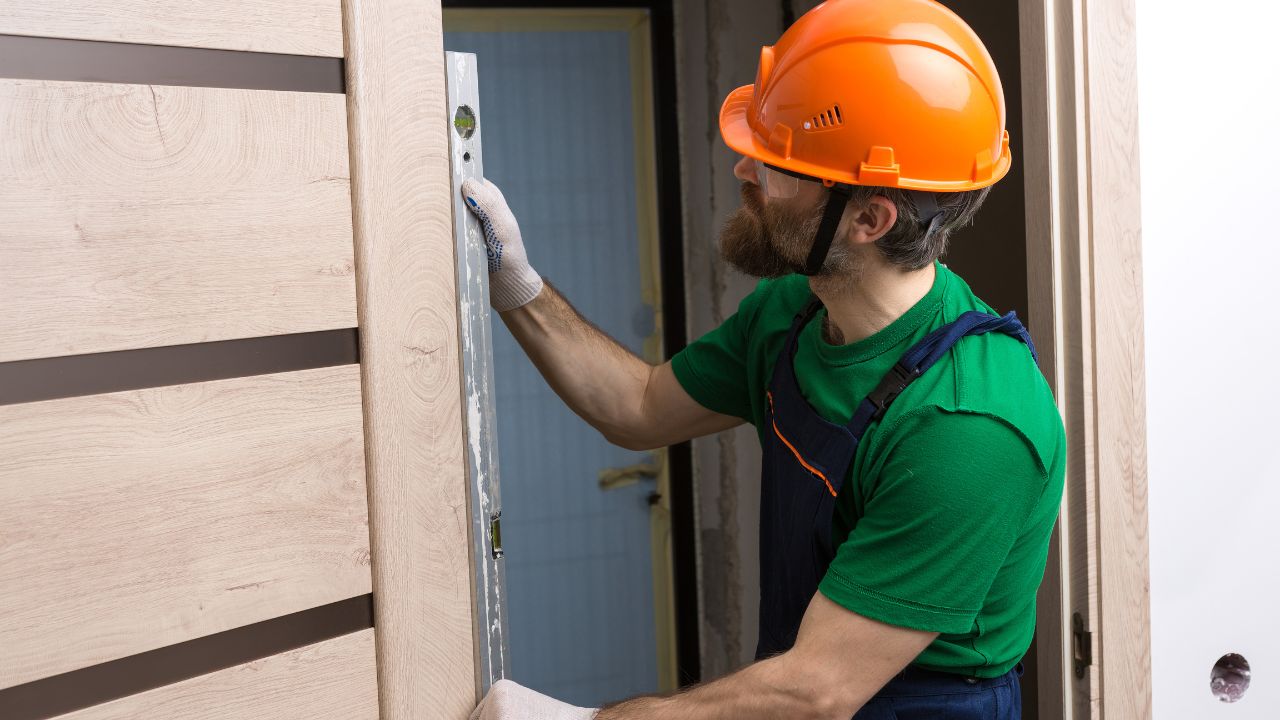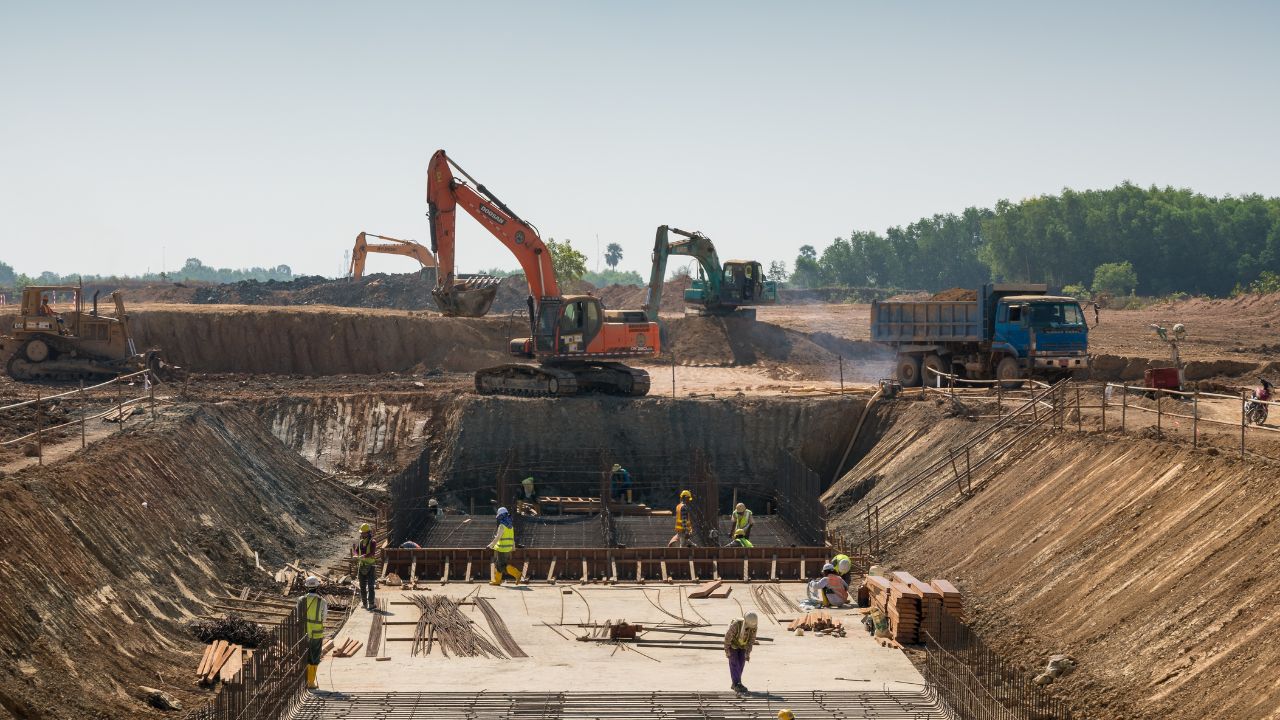- Homepage
- Flooring
Flooring Cost Estimator in Jacksonville, FL
Leading provider of flooring estimating services
Estimate Florida Consulting specializes in providing accurate and reliable flooring cost estimates for residential and commercial projects in Jacksonville and beyond. The average total cost to install or replace new flooring ranges from $5.60 to $21 per square foot. However, the overall expense varies significantly based on the type of flooring and the condition of the space. Flooring material prices now range from $1.40 to $70 per square foot, while labor costs for flooring installation increase to $2.80 to $11.20 per square foot. These adjustments reflect the increased costs associated with materials and labor in today’s market. For Jacksonville projects, get Jacksonville flooring cost estimates with a reliable tool.
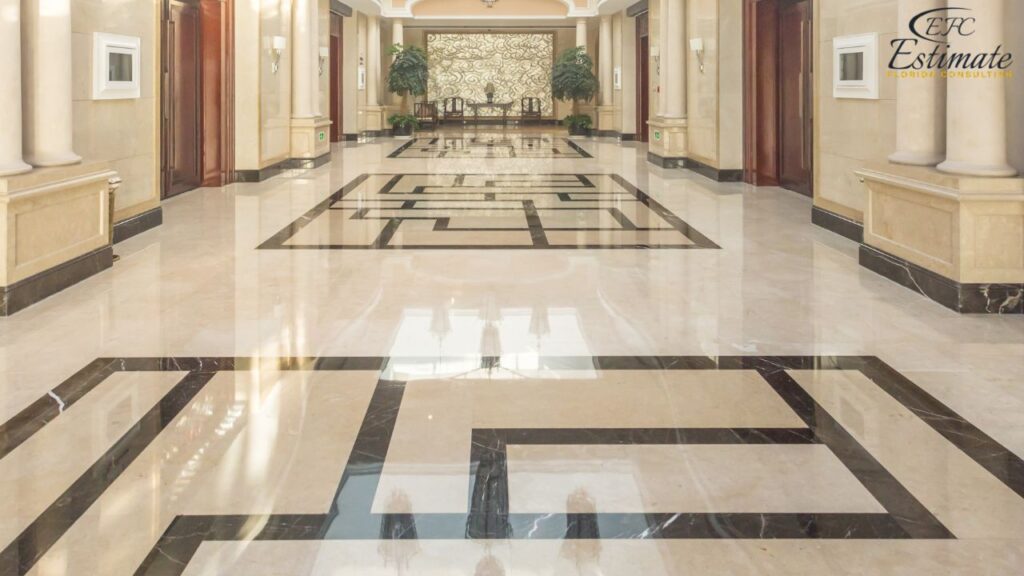
Vinyl Flooring Cost by Type
Vinyl flooring comes in different types, each affecting its appearance and installation method. This variety significantly impacts the overall project cost, including materials and installation. Each type also offers various options in terms of thickness, quality, and style. The most economical choice is sheet vinyl, available in large rolls or sheets. On the other hand, luxury vinyl is a more expensive option, offering greater thickness, realistic texture and appearance, enhanced comfort, and increased durability. There are numerous choices within this category, including color, style, and installation methods, all of which influence the total cost. Below are average cost estimates for different types of vinyl flooring.
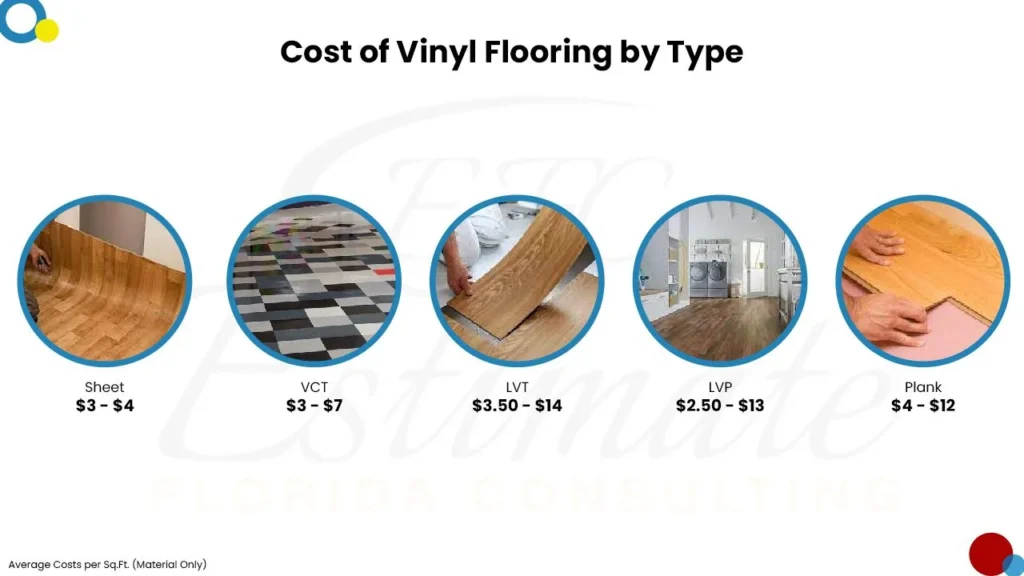
Type | Average Costs per Sq.Ft. (Material Only) |
Sheet Flooring | $3.00 – $4.00 |
Vinyl Composition Tile (VCT) | $3.00 – $7.00 |
Luxury Vinyl Tile (LVT) | $3.50 – $14.00 |
Luxury Vinyl Plank (LVP) | $2.50 – $13.00 |
Vinyl Plank Flooring | $4.00 – $12.00 |
Want to Start Your Project with the Best Contractors?
Let’s Take Your Projects to the Next Level.
& What's you will get:
- Connecting You to Top Local Contractors
- Professional Consulting, Contractors Near You
- From Expert Advice to Local Contractor Connections
Contact Now
Let's discuss with a cup of coffe
Average floor installation cost
The average total cost to install or replace new flooring ranges from $5.60 to $21 per square foot. However, the overall expense varies significantly based on the type of flooring and the condition of the space. Flooring material prices now range from $1.40 to $70 per square foot, while labor costs for flooring installation increase to $2.80 to $11.20 per square foot.
Floor size (square feet) | Average total cost installed |
200 | $1,120 – $4,200 |
500 | $2,800 – $10,500 |
1,000 | $5,600 – $21,000 |
1,200 | $6,720 – $25,200 |
1,500 | $8,400 – $31,500 |
1,700 | $9,520 – $35,700 |
2,000 | $11,200 – $42,000 |
2,500 | $14,000 – $52,500 |
3,000 | $16,800 – $63,000 |
- Multi-Family Building
- Hotel Building
- Hospital Building
- Warehouse Building
- High-Rise Building
- Shopping Complex
Flooring Installation Guide
Wooden Flooring
Laminate Flooring
Flooring Installation
Factors Influencing Flooring Costs
Type of Flooring
The choice of flooring material plays a pivotal role in determining overall cost, as each option comes with its own price points and characteristics. Hardwood flooring exudes timeless elegance but tends to be on the higher end of the price spectrum due to its natural beauty and durability. Laminate flooring offers a more budget-friendly alternative that mimics the look of hardwood at a fraction of the cost. Tile flooring, whether ceramic, porcelain, or natural stone, presents a versatile and durable option, with prices varying based on material and design complexity. Vinyl flooring provides affordability and versatility, available in a wide range of styles and colors. Carpeting, while offering comfort and warmth underfoot, can vary significantly in cost depending on factors such as pile height, material, and brand.
Quality and Brand
When considering flooring options, the quality of materials and the reputation of the brand can impact both upfront costs and long-term durability. Higher quality materials and well-known brands often come with a premium price tag but can offer superior durability, longevity, and aesthetic appeal. Investing in reputable brands and premium materials may result in lower maintenance costs and a longer lifespan, ultimately providing better value for the investment over time.
Area Size
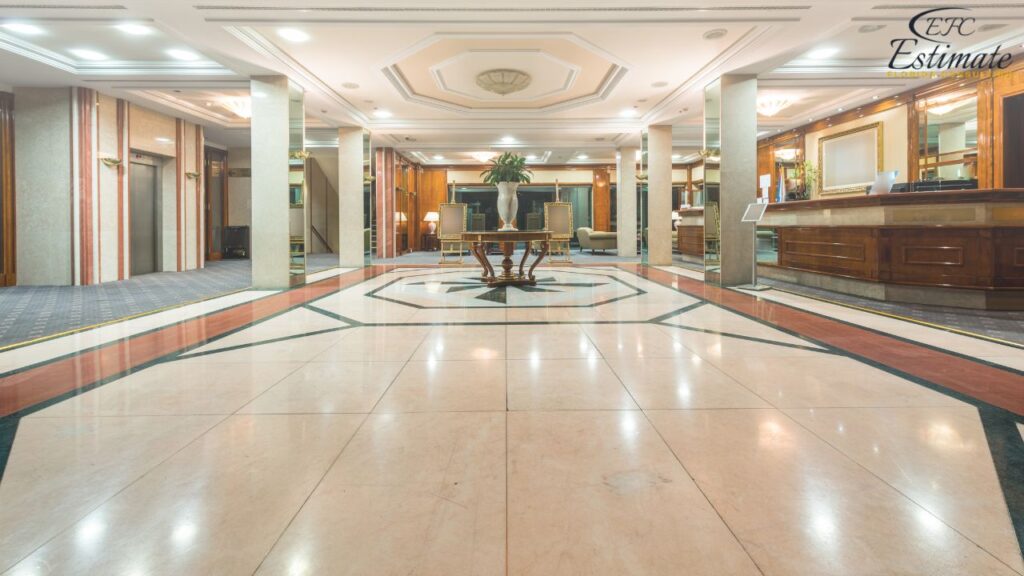
The total area to be floored directly influences both material and labor costs. Larger spaces require more flooring materials, driving up material costs, while also necessitating more extensive labor for installation. Additionally, economies of scale may come into play, with larger projects potentially qualifying for volume discounts on materials or reduced labor rates. Accurately measuring and calculating the square footage of the area to be floored is essential for estimating costs and ensuring an efficient use of resources.
Preparation Work
The condition of the subfloor can significantly impact the overall cost of flooring installation. In some cases, the subfloor may require repair, leveling, or moisture mitigation measures before the new flooring can be installed effectively. These preparatory tasks add to the labor costs and may require additional materials, such as leveling compounds or moisture barriers. Assessing the condition of the subfloor and addressing any necessary repairs or preparations upfront is essential for ensuring a smooth and successful flooring installation process.
Installation Complexity
The complexity of the installation process can also influence the overall cost of flooring. Custom designs, intricate patterns, or special layout considerations may require additional labor and expertise, driving up installation costs. Furthermore, the need for underlayments, moisture barriers, or other specialty materials can add to the overall complexity and expense of the project. Balancing design preferences with budget constraints is crucial when considering factors that contribute to installation complexity and cost.
Get High-Quality 3D Rendering Today!
Transform your space with stunning 3D rendering that blends style, comfort, and functionality.
We Specialize in Both Residential and Commercial 3D Rendering Projects.
- Luxury Villas
- Apartment Complexes
- Modular Kitchens
- Bathrooms
- Office Buildings
- Shopping Malls
- Hospitals
- Hotels & Resorts
Cost by Flooring Type
Flooring Material | Cost per Square Foot |
Natural stone (marble) | $4.20 – $28 |
Ceramic tile | $7 – $14 |
Solid hardwood | $4.20 – $14 |
Vinyl | $2.80 – $9.80 |
Laminate | $1.40 – $5.60 |
Natural Stone
Natural stone, though costly, offers various benefits making it an attractive choice for flooring. It’s eco-friendly, scratch-resistant (with proper treatment), and exudes sophistication, making it suitable for high-traffic commercial areas. However, being porous, natural stone is susceptible to water damage unless sealed with a protective agent like polyurethane. Additionally, professional installation is typically required for stone flooring.
Ceramic Tile
Ceramic tiles, known for their water resistance and easy maintenance, are particularly well-suited for bathrooms and kitchens. They provide excellent insulation, sound dampening, and are resistant to scratches and breakage when installed correctly, making them low-maintenance flooring options for various rooms.
While ceramic is affordable, installation often necessitates special tools and may require professional assistance.
Hardwood
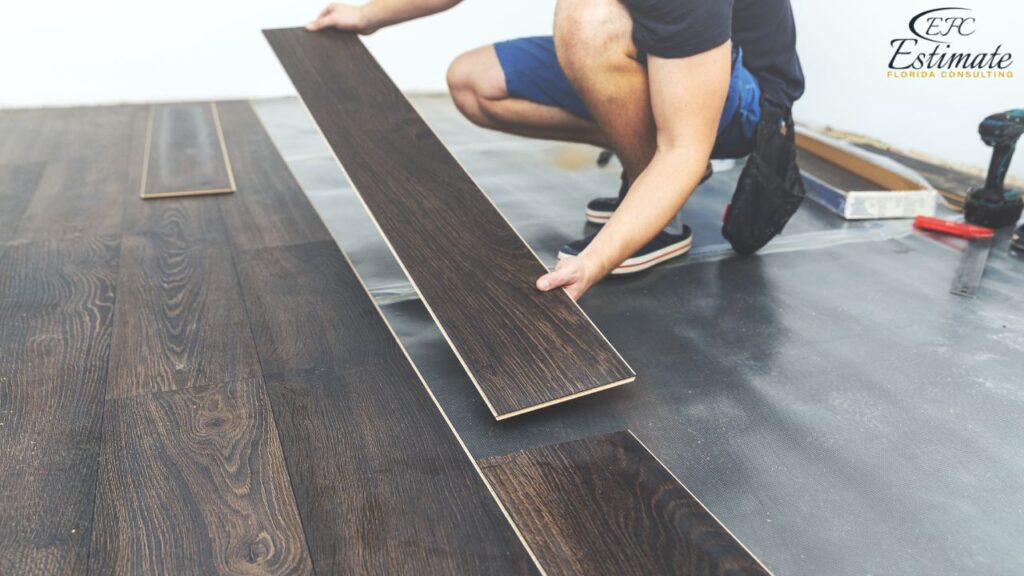
With proper care, hardwood flooring can last for decades, offering a long-term, cost-effective solution. It’s easy to clean and maintain, though pricing varies depending on the wood type. There are budget-friendly options like engineered wood flooring available. However, hardwood is vulnerable to water damage, making it unsuitable for moisture-prone areas like bathrooms and kitchens. Additionally, it’s susceptible to scratching and termite infestation if not properly maintained.
Laminate
Durable and affordable, laminate flooring comes with different abrasion ratings, indicating varying levels of scratch resistance. Popular for its affordability and ability to replicate the look of pricier materials, laminate is relatively easy to install. However, a level subfloor is necessary for proper installation, and issues may require professional assistance. Less water-resistant than vinyl or ceramic tile, laminate is typically not recommended for bathrooms or kitchens.
Business Finance Loan
Find out if you're pre-qualified in seconds

Get Prequalified Now
IMPORTANT: Make sure the email and phone number you enter are correct. We will email and text you a link to get started.
Cost per Square Foot for Hardwood Flooring
The primary factor affecting the cost of hardwood flooring is the total square footage. Larger areas require more planks for the project. Rooms with a square shape usually allow for simple measurements. To calculate the square footage, measure both the length and width, then multiply them. For non-square rooms, dividing them into square sections can aid in measurements. Below are standard room dimensions along with the average cost, excluding installation, for hardwood flooring.
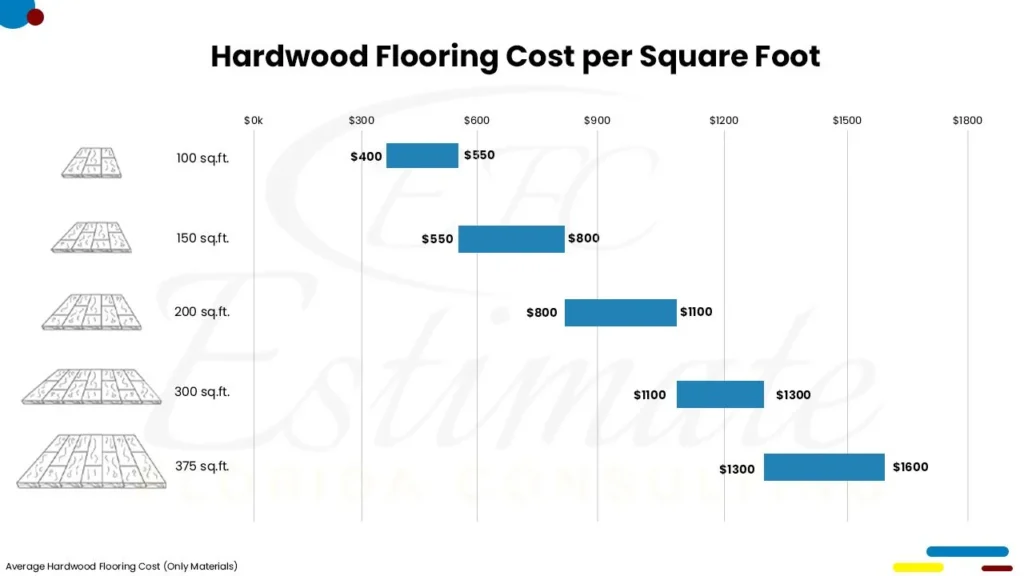
Square Footage | Average Hardwood Flooring Cost (Materials Only) |
100 sq.ft. | $400 – $550 |
150 sq.ft. | $550 – $800 |
200 sq.ft. | $800 – $1,100 |
300 sq.ft. | $1,100 – $1,300 |
375 sq.ft. | $1,300 – $1,600 |
90% More Chances to Win Flooring Bids with
Our Estimate!
Sustainability and Eco-Friendly Flooring Options
Eco-Friendly Material Choices
Opting for eco-friendly flooring materials is a commendable choice that aligns with environmental sustainability goals. Bamboo, cork, and reclaimed hardwood are excellent examples of such options, offering not only environmental benefits but also distinct aesthetic qualities. Bamboo, a rapidly renewable resource, boasts exceptional strength and durability while lending a contemporary look to interiors. Cork flooring, harvested from the bark of cork oak trees, is renowned for its softness, warmth, and sound-absorbing properties, making it a popular choice for residential spaces. Reclaimed hardwood, sourced from salvaged wood from old buildings or structures, adds character and charm to any space while reducing the demand for new timber and minimizing waste. Although these sustainable flooring options may come with a slightly higher initial investment, their positive impact on the environment and unique visual appeal make them an attractive choice for eco-conscious consumers.
Long-Term Savings
While sustainable flooring options may entail a higher upfront cost compared to conventional materials, they often offer significant long-term savings through reduced maintenance requirements and energy efficiency. Bamboo, cork, and reclaimed hardwood, known for their durability and resilience, require minimal upkeep and are less prone to damage, thus reducing the need for costly repairs or replacements over time. Additionally, these materials boast inherent thermal insulation properties, helping to regulate indoor temperatures and reduce heating and cooling expenses. By investing in sustainable flooring options, homeowners can enjoy not only a healthier indoor environment but also substantial savings on maintenance and utility bills over the lifespan of the flooring. This combination of environmental responsibility and economic efficiency makes sustainable flooring an attractive choice for forward-thinking individuals looking to create eco-friendly and cost-effective living spaces.
Impact of Climate on Flooring Selection in Jacksonville
Humidity Considerations
The climate in Jacksonville, characterized by its high humidity levels, presents unique challenges when it comes to selecting suitable flooring materials. High levels of moisture in the air can impact certain flooring types, particularly solid hardwood, which may be prone to expansion, contraction, and warping in such conditions. To mitigate potential issues and ensure the longevity of the flooring, additional humidity control measures may be necessary, adding to the overall project costs. These measures can include the installation of moisture barriers, dehumidifiers, or HVAC systems equipped with humidity controls.

Properly addressing humidity considerations upfront is essential for preventing costly damage to flooring materials and ensuring a stable and durable installation in Jacksonville’s humid climate.
Best Choices for the Climate
Given Jacksonville’s climate, selecting flooring materials that offer high resistance to moisture and temperature variations is paramount for long-term durability and cost-effectiveness. Luxury vinyl planks (LVP), porcelain tiles, and engineered wood emerge as top contenders for flooring options that can withstand the challenges posed by the region’s humidity levels. Luxury vinyl planks, engineered to mimic the look of hardwood or stone, boast waterproof properties and exceptional resilience to moisture, making them an ideal choice for areas prone to humidity, such as bathrooms, kitchens, and basements. Porcelain tiles, renowned for their durability and water resistance, are suitable for both indoor and outdoor applications, providing a versatile and low-maintenance flooring solution for Jacksonville’s climate. Engineered wood, composed of multiple layers of wood veneers bonded together, offers greater stability and moisture resistance compared to solid hardwood, making it a cost-effective alternative for achieving the look of hardwood flooring in humid environments.
Need Template For Your Flooring Business
We provide services for Brochure, Banner, Business Card, Envelope, Invoice, etc.

Technological Advances in Flooring Installation
Innovative Installation Techniques
The flooring industry has witnessed significant advancements in installation techniques, particularly with the introduction of click-lock technology in laminate and vinyl plank flooring. This innovative system allows planks to securely interlock with one another, eliminating the need for adhesives or specialized tools during installation. The click-lock mechanism not only simplifies the installation process but also enhances precision and efficiency, potentially reducing labor costs associated with traditional installation methods. However, it’s worth noting that the cost of these technologically advanced materials may be slightly higher compared to conventional flooring options. Despite the initial investment, the streamlined installation process and long-term durability offered by click-lock flooring systems make them a cost-effective choice for homeowners seeking convenience and quality in their flooring projects.
Digital Measurement and Layout Planning
Embracing digital tools for precise measurement and layout planning is revolutionizing the flooring installation process, leading to optimized material usage and reduced waste. Digital measurement technologies, such as laser distance meters or 3D scanning devices, enable installers to accurately assess the dimensions of the space and plan the layout of flooring materials with unprecedented accuracy. By leveraging digital tools, installers can minimize errors and discrepancies in measurement, ensuring a seamless and efficient installation process. Additionally, digital layout planning software allows installers to visualize different design options and patterns, facilitating informed decision-making and enhancing the aesthetic appeal of the final installation. While the upfront costs associated with implementing digital measurement and layout planning tools may vary, the long-term benefits in terms of material efficiency, labor productivity, and overall project quality can result in significant cost savings and enhanced customer satisfaction.
Customization Options and Their Cost Implications
Personalized Designs and Features
Incorporating personalized designs, inlays, and unique patterns into your flooring can elevate the aesthetic appeal of your space, but it’s essential to consider the cost implications of customization. Custom work adds a layer of individuality and character to your flooring, allowing you to express your unique style and preferences. However, it’s important to note that customization typically comes with an additional cost. Depending on the complexity of the design and the materials used, custom work can add anywhere from $5 to $20 per square foot to the base cost of the flooring project. Factors such as intricate patterns, exotic materials, and specialized techniques may contribute to higher customization costs.
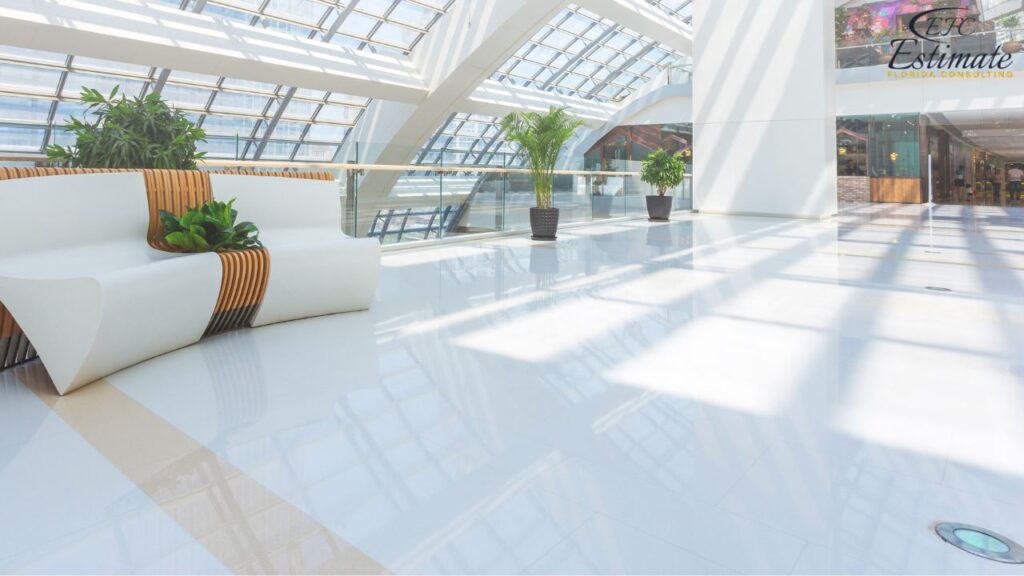
While the investment in customization can enhance the overall look and feel of your space, it’s crucial to weigh the aesthetic benefits against the associated expenses to ensure that the final result aligns with your budget and vision.
Color and Texture Variations
When selecting flooring materials, the color and texture options available can significantly impact the overall aesthetic and cost of the project. Specialty finishes and textures, such as hand-scraped hardwood or embossed vinyl, offer distinctive looks that can add depth and character to your space. However, these specialty options often come at a premium price compared to standard finishes. Hand-scraped hardwood, for example, undergoes a labor-intensive process to achieve its textured appearance, resulting in higher production costs and, consequently, a higher price tag for consumers. Similarly, embossed vinyl flooring features raised patterns or textures that mimic the look and feel of natural materials, adding visual interest to the floor surface. While these color and texture variations can enhance the visual appeal of your flooring, it’s essential to consider the cost implications and budget accordingly. Opting for specialty finishes may increase the upfront cost of the flooring project, but the unique aesthetic benefits they offer can justify the investment for homeowners seeking to create a personalized and distinctive space.
Conclusion
Choosing the right flooring for your residential or commercial space in Jacksonville, FL, involves careful consideration of various factors, including material cost, labor expenses, quality, durability, and climate suitability. With a wide range of flooring options available, from natural stone to vinyl and laminate, there’s something to meet every budget and aesthetic preference. Additionally, advancements in installation techniques, such as click-lock technology and digital measurement tools, have streamlined the installation process, improving efficiency and reducing costs in the long run. By understanding the financial implications and weighing the pros and cons of each flooring type, you can make informed decisions that enhance the beauty, functionality, and overall ambiance of your space while staying within your budget constraints.
We Provide Services for Other Trades in Jacksonville
FAQs
The average total cost ranges from $5.60 to $21 per square foot, which includes both material and labor costs.
Several factors impact the cost, including the type of flooring chosen, the quality and brand of materials, the size of the area to be floored, the need for preparation work, and the complexity of the installation.
Vinyl and laminate flooring are among the most cost-effective options, with prices ranging from $1.40 to $9.80 per square foot for materials. These options offer affordability without compromising on durability or aesthetics.
Yes, eco-friendly flooring materials such as bamboo, cork, and reclaimed hardwood are available, offering environmental benefits and unique aesthetics. While these options may come with a slightly higher initial cost ($4.20 to $28 per square foot), they provide long-term savings and contribute to a healthier indoor environment.
Jacksonville’s high humidity levels require flooring materials that are resistant to moisture and temperature variations. Luxury vinyl planks, porcelain tiles, and engineered wood are recommended choices, with costs ranging from $2.80 to $28 per square foot for materials.
Comprehensive Trade-Specific Estimates
At Estimate Florida Consulting, we offer detailed cost estimates across all major trades, ensuring no part of your project is overlooked. From the foundation to the finishing touches, our trade-specific estimates provide you with a complete and accurate breakdown of costs for any type of construction project.
Our Simple Process to Get Your Estimate
Upload Plans
Submit your project plans, blueprints, or relevant documents through our online form or via email.
Receive Quotation
We’ll review your project details and send you a quote based on your scope and requirements.
Confirmation
Confirm the details and finalize any adjustments to ensure the estimate meets your project needs.
Get Estimate
Receive your detailed, trade-specific estimate within 1-2 business days, ready for your project execution.



Our Clients & Partners
We pride ourselves on building strong, lasting relationships with our clients and partners across the construction industry.
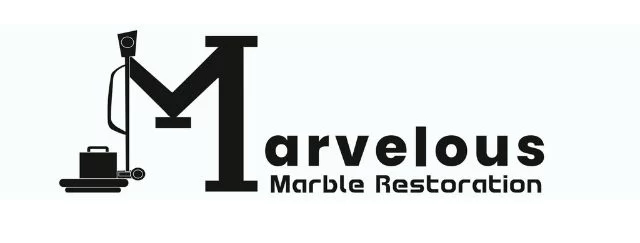

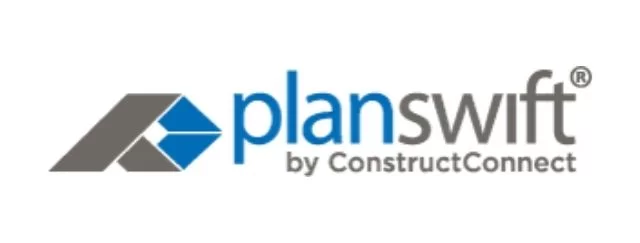
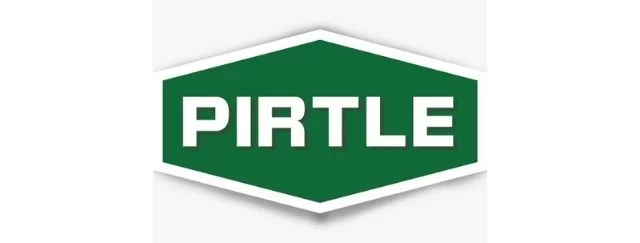

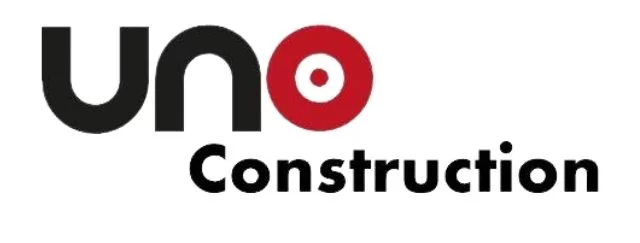
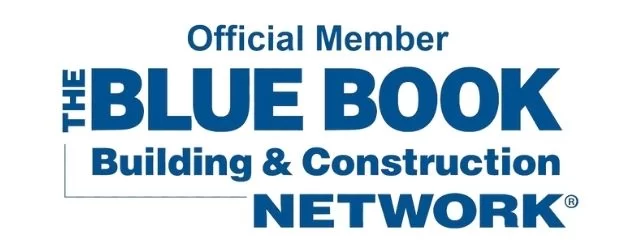
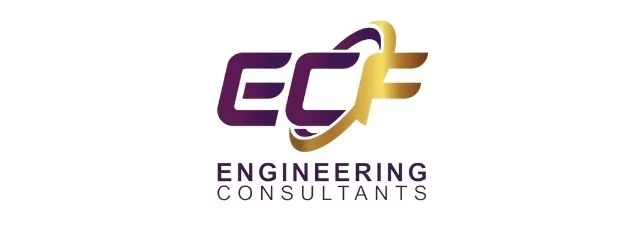
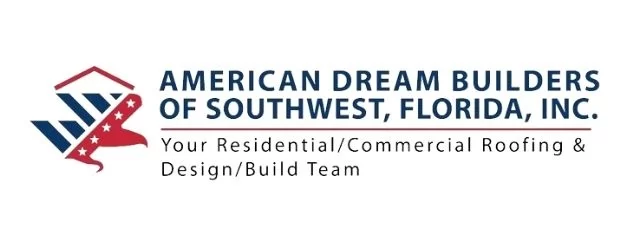
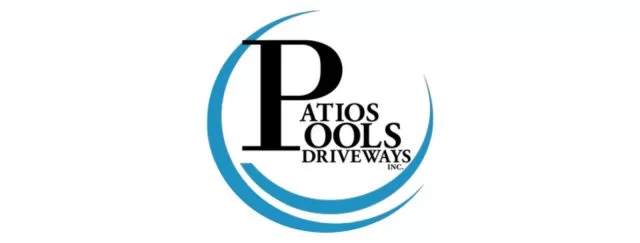

What Our Clients Say?
We take pride in delivering accurate, timely, and reliable estimates that help contractors and builders win more projects. Our clients consistently praise our attention to detail, fast turnaround times, and the positive impact our estimates have on their businesses.
Estimate Florida Consulting has helped us win more bids with their fast and accurate estimates. We trust them for every project!




